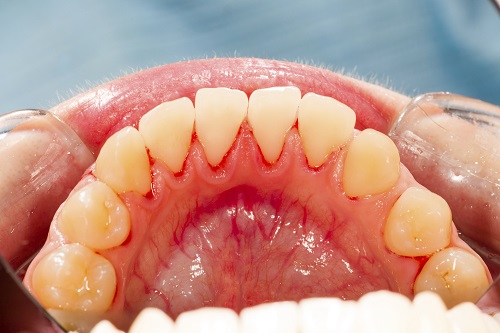Periodontal disease is a severe oral condition caused by bacteria. If you don’t take good care of your mouth, bacteria will accumulate on your teeth and gums, causing periodontal disease and other oral conditions. Periodontal disease can lead to tooth loss if not managed properly. While this condition affects your oral health, several studies have linked it with the cardiovascular system. These studies have established a connection between these two conditions and how they affect each other.
Periodontal Disease And The Cardiovascular System
The bacteria that attack your gums and causes periodontal disease can also travel into your blood vessel in other parts of the body. This results in blood vessel inflammation that directly affects the cardiovascular system. As a result, the risk of tiny blood clots and heart attack increases. This is a way periodontal disease could affect your cardiovascular system. Evidence supporting this idea is the presence of oral bacteria within the cardiovascular system, far away from the mouth. Many people wonder if medications for periodontal disease could treat heart disease given. The answer is no. While periodontal disease increases the risk of heart disease, its treatment cannot cure heart problems.
The two conditions are also related to inflammation. Inflammation is your body’s immune response to various situations. The periodontal disease triggers gum information, triggering a cascade of vascular damage across the body, including the heart. While more research continues to be done to link the two, it is clear that there is a connection between them. This is why it is a good idea to prevent periodontal disease at all costs. You can do so by maintaining good oral hygiene by brushing and flossing regularly. This helps remove bacteria that cause periodontal disease. Schedule a consultative appointment with us for more information on the connection between periodontal disease and the cardiovascular system.









